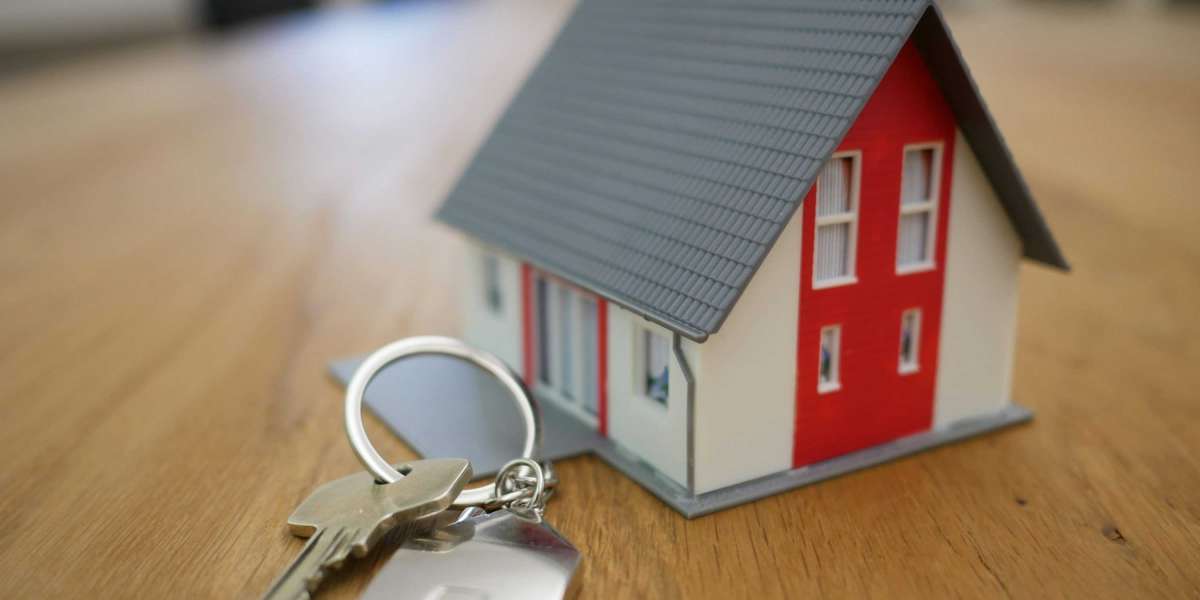Whether you're a first-time homebuyer, a property investor, or simply looking to rent a room, it’s important to know the red flags. Falling for a property scam can cost you thousands of dollars — and even put your legal rights at risk.
Here are three of the most common property scams in Singapore — and how you can avoid becoming a victim.
1. Fake Listings and Phantom Rentals
One of the most common scams involves fake property listings, especially on online platforms and social media. Scammers post attractive photos of a home or room — often priced below market rate — to lure in tenants quickly.
Once you're interested, they’ll request a deposit or booking fee to “reserve” the unit, even though:
The unit doesn’t exist,
The scammer isn’t the real owner or agent,
Or the property has already been rented to someone else.
Victims only realise the truth when they turn up for the handover — and the real owner has no idea what’s going on.
How to avoid this scam:
Never transfer money without viewing the property in person.
Insist on meeting the landlord or agent face-to-face.
Check that the person showing the property has the authority to rent or sell it.
Look up the listing on trusted platforms like PropertyGuru, 99.co, or SRX — avoid deals that only exist on social media or WhatsApp.
Ask for proof of ownership or tenancy (e.g. past utility bills, title deed, or NRIC details).
Tip: If the deal sounds too good to be true — it probably is. Always double-check.
2. Impersonation of Licensed Property Agents
In this scam, fraudsters pretend to be licensed agents using someone else's registration number from CEA (Council for Estate Agencies). They may:
Send you screenshots of CEA agent IDs,
Create fake email addresses or websites that resemble legitimate agencies,
Use high-pressure tactics to get you to transfer funds quickly.
Once the money is sent — typically a "deposit" or "administrative fee" — the scammer disappears, and the real agent (whose name was stolen) is left unaware.
How to avoid this scam:
Verify agent details directly on the CEA Public Register using their name, registration number, or mobile number.
Cross-check phone numbers and email addresses with those listed in the CEA directory.
Use CEA’s official “Ask to Verify” feature when dealing with agents.
Only make payments after viewing the property and signing a proper tenancy or option-to-purchase agreement.
Tip: Genuine agents will never ask for personal payment to their own accounts. Payments should be made to the agency’s official bank account.
3. Renovation and Deposit Fraud
Another common scam targets homeowners planning renovations or landlords engaging contractors. In this scenario, the scammer (posing as a contractor or handyman) collects a large upfront deposit, then delays work or disappears altogether.
Sometimes, the scammer does minimal work to seem legitimate, then asks for additional payment to “buy materials” — and then vanishes.
This is especially risky for:
Landlords doing last-minute repairs before leasing,
First-time homeowners trying to renovate quickly,
Buyers using cash instead of formal contracts.
How to avoid this scam:
Never pay 100% upfront. A typical renovation payment schedule involves:
10% upon signing the contract
40% during the first phase of work
Remaining 50% upon completion
Check the contractor's reviews and ask for past project photos or client contacts.
Use a written contract with clear timelines, payment milestones, and scope of work.
If possible, engage HDB-approved or RCMA-registered renovation firms.
Tip: If a contractor demands full payment in cash with no receipt, walk away — it’s a major red flag.
Bonus: Red Flags to Watch Out For
Unusually low rental or sale prices
Urgency or pressure to make a decision quickly
Requests to wire money overseas
Inconsistent names or contact details across emails and documents
No formal paperwork or agreements provided
If something feels off, take a step back and verify everything before moving forward. Scammers rely on emotion — excitement, urgency, or fear — to trick victims into skipping due diligence.
What to Do If You’ve Been Scammed
If you suspect you’ve fallen for a property scam:
Report it immediately to the police.
File a report with the Council for Estate Agencies (CEA) if an agent was involved.
Contact your bank to attempt a transaction recall — speed is critical.
Share the scam details on community forums to help others avoid similar traps.
Final Thoughts
Singapore’s property scene is generally safe and well-regulated, but scams can still happen — especially in digital spaces where trust is harder to verify.
By staying informed, verifying agents and owners, and never rushing into financial decisions, you can protect yourself from fraud and make smarter, safer property choices.
How to Evaluate Property Value Before Buying
Buying Foreclosed Homes for Investment: Step-by-Step Guide
Lakeside Grand: A New Benchmark in Lakeside Living at Jurong
Explore the Lakeside Grand Showflat – Your First Glimpse at Lakeside Luxury
Lakeside Drive Condo – Discover Premium Living by Jurong Lake







